ARM v. Fixed Mortgage: Which is Right For You?

Buying a house is no small undertaking. It takes time and consideration--not just what house you want to buy but where you want to buy, what you can afford, and what kind of mortgage you should get.
And while we're no longer in the 2008 crisis, the US mortgage market is still confusing for new home buyers.
Here, we're helping you figure out ARM v. fixed mortgage and which one is right for you when you choose your home in the Seattle suburbs.
What is an Adjustable Rate Mortgage?
First, let's break down the basics.
An ARM (or adjustable rate mortgage) is a type of loan that bases its rate on an index, usually something like the US Treasury yield. It's often attractive to new home buyers because the initial ARM interest rate is set below the market rate on a comparable fixed rate loan.
Here's how it works.
How It Works
A 5/1 ARM, the most commonly used type of ARM, draws in buyers because the initial rate is lower than comparable mortgage loans.
Notice the keyword: initial. Adjustable rate mortgages are just what the name implies.
After the first five years at a fixed interest rate, the loan resets, which means that there is a new interest rate based on whatever index the ARM uses to set the rate. The rate is often set based on current market rates.
That rate will then stay the same until the next loan reset, which is usually a year after the first reset.
For a 30-year mortgage, that means that after the first five years, your rate will likely change every year to reflect current rates in the market.
Advantages
Knowing this about ARMs, a few advantages become obvious pretty quickly.
The biggest advantage of an ARM is, of course, the lower initial interest rate. This can allow home buyers to purchase a larger home than they might otherwise have been able to afford.
And while the market can work against you, sometimes it works in your favor, and you never see it as much as with ARMs. If market rates drop, your ARM will follow, which means you're paying a lower mortgage rate for the given reset period.
Disadvantages
That said, when the market works against you, it's going to hurt. A lot.
Because ARM rates are based on the market as a whole, rather than the ability of the individual to pay the rate, mortgage rates for this type of loan can vary widely over the lifetime of the loan.
So while you might be saving money one year, all of that money could get eaten up the following year if market rates go through the roof.
There's also a type of ARM called a negative amortization loan. These loans are attractive at the outset because the borrower can pay less than the interest charge on the loan. This creates deferred interest, which is added to the principal balance of the loan.
In other words, you could wind up owing more money on your mortgage than you did when you closed on the house.
What is a Fixed Rate Mortgage?
Then, there's a fixed rate mortgage, also called a conventional or traditional mortgage.
As you might guess, this is the type of mortgage that most home buyers get when they purchase a house and take out a mortgage. And as the name implies, your interest rate is fixed throughout the life of the loan.
How It Works
When you take out a fixed rate mortgage, the loan is generally for 80% of the mortgage amount and the buyer (you) will make a down payment of about 20%.
Fixed rate mortgages usually have a lifetime of ten, fifteen, twenty, or thirty years, which is the time you'll have to pay back the full amount of the loan.
The amount you pay each year is the same for the full duration of the loan unless you refinance your mortgage to reduce the mortgage term and get a lower monthly interest rate.
Advantages
Since fixed rate mortgages are the most common mortgage type, it makes sense that they have a few key advantages that make them worthwhile.
The biggest benefit is that unlike an ARM, your interest payment remains constant throughout the life of the loan and isn't subject to shifts in the market. Because of this, you won't have to worry about your payment shooting up at a time when you can't afford to pay more.
Since the amount remains constant, it's also easier to budget for the cost of the mortgage each month. And these types of mortgages are simpler than an ARM, which is a good thing for first-time buyers who could get confused by a 5/1 ARM.
Disadvantages
That said, the constant rate can also be one of the big disadvantages of a fixed rate mortgage.
If you want to lower your mortgage rate, you have to refinance your loan. Aside from the cost of refinancing, you have to be in a good financial position to qualify for refinancing in the first place, which isn't always possible for homeowners.
In addition, fixed rate mortgages are constant across the market. An ARM could be tailored to your individual circumstances, but a fixed rate mortgage can't, which means that the loan won't be reflective of your ability to pay.
For this reason, this type of mortgage can be too expensive for some first-time buyers since there is no rate break on the horizon.
ARM v. Fixed Mortgage
Now that you know the basics of ARM vs. fixed mortgages, the real question is: which one is right for you?
That depends on your circumstances. Here are a few factors that will help you decide.
Questions to Ask
Before you sign on the dotted line for one mortgage or another, there are a few things you should ask yourself.
What's the Current ARM/Fixed Spread?
The difference between an ARM loan and a fixed mortgage is called a spread. Basically, the spread will determine how attractive the ARM is as an option.
In general, the shorter the initial ARM period is, the lower the starting rate. So a 5-year will have a lower rate than a 7-year, and a 7-year will have a lower rate than a 10-year.
In general, if you're looking at a spread of 50 basis points (0.50%) or higher, then the savings are substantial enough that an ARM might be worth the risk.
Is Your Mortgage a Jumbo Loan?
Everyone can joke that their mortgage is a ridiculous sum. The real question is whether your mortgage is a jumbo loan--a mortgage loan that exceeds the loan size limits for your area.
What qualifies as a jumbo loan varies based on where you live, since real estate prices (and thus mortgage prices) vary widely based on what state you live in.
You do still have mortgages available if you want to borrow more than your area's limits allow, but your fixed rate pricing options are scarce. Or rather, they're there, but they may not be worth the trouble.
For an ARM, though, jumbo loans can get cheap--think 150 to 250 basis points (1.50% to 2.50%) cheaper than a fixed rate mortgage.
What's Your Timeframe?
Another important question to ask yourself if you're weighing ARM v. fixed mortgage is to think about your timeframe--how long you plan to live in your home and the number of years (realistically) before you might be able to refinance your loan.
On average, homeowners tend to own their homes for about seven years before they sell, more for older homeowners and less for younger homeowners.
In other words, most homeowners sell their home before their hypothetical ARM would begin to adjust. With a fixed rate mortgage, you're just stuck.
Candidates for an ARM
As such, you might be starting to get an idea of a good candidate for an ARM.
In general, the best candidates for an ARM are homeowners who don't plan to stay in this particular home for decades to come or anticipate that they'll probably move sometime in the next five to seven years (before the ARM begins to adjust).
The other best candidate for an ARM loan is the buyer who has (or will have) the cash to entirely pay off the loan before the new interest rate kicks in.
For example, if you're buying one home at the same time you're selling another, you can use the proceeds from the sale to pay off the ARM within the initial period.
Candidates for a Fixed Mortgage
If, on the other hand, you have a stable income that you don't expect to increase dramatically, a fixed rate mortgage is more practical.
Similarly, if you plan on living in this house for decades to come, a fixed rate mortgage is also more sensible.
The Best Mortgage Broker for You
If you know your answer to the question of ARM v. fixed mortgage, then it's time to find a mortgage broker that works for you.
Good news: you came to the right place.
We pride ourselves on being Seattle's mortgage broker. For every new mortgage we close, we donate $300 to a local charity.
If you'd like to apply for a mortgage, don't wait.
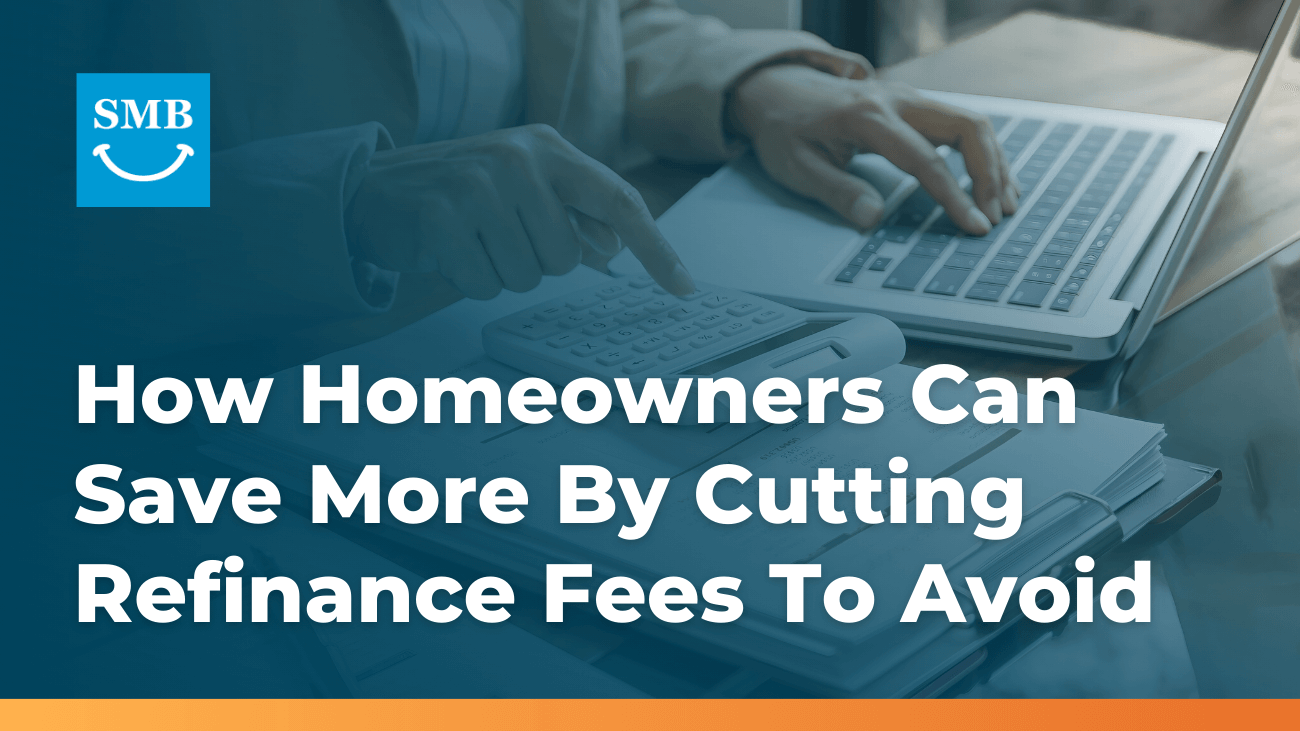
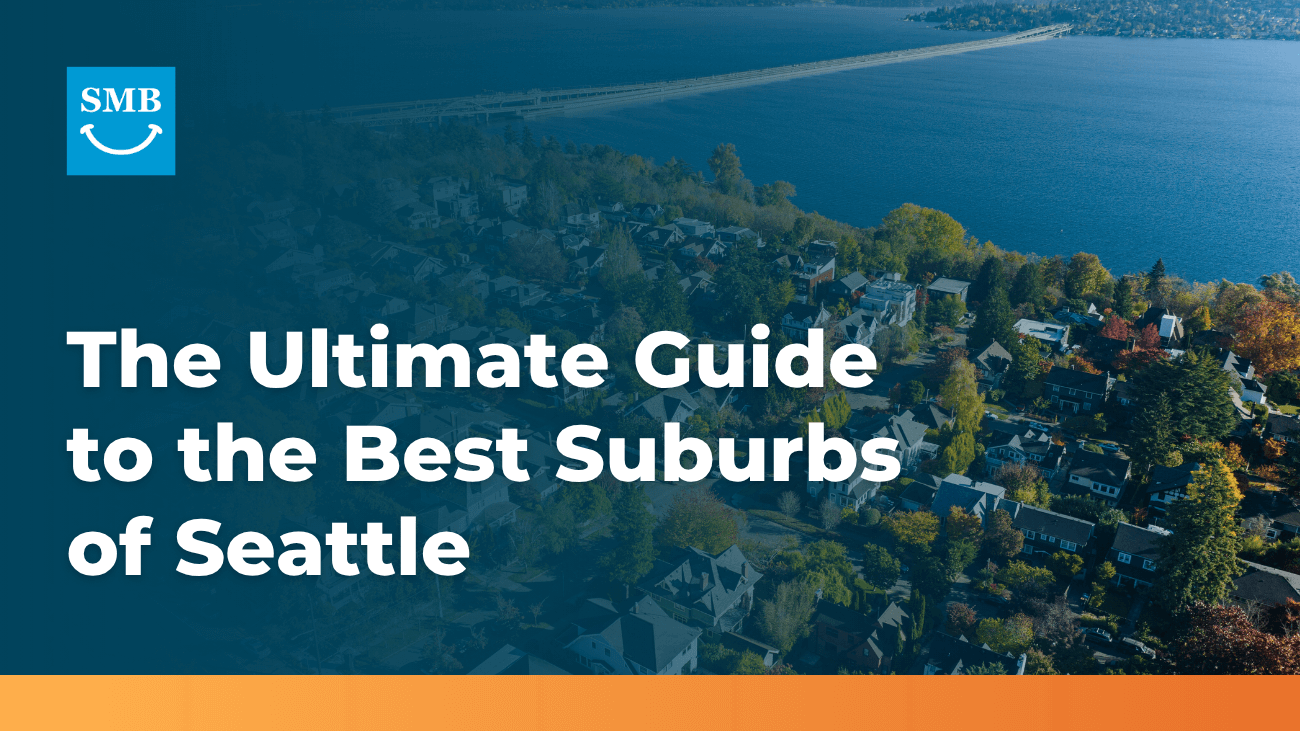
The Ultimate Guide to the Best Suburbs of Seattle
Should You Use a Mortgage Broker? Everything You Need to Know First
How to Find the Right Neighborhoods in Seattle for Your Budget and Lifestyle

Warrantable vs. Non-Warrantable Condos: What Every Buyer Needs to Know Before Financing

How Much Does It Cost to Refinance a Mortgage in Seattle? A Homeowner’s Guide
.png)
How Often Can You Refinance Your Home?
.png)
The Complete Guide to For Sale By Owner (FSBO) in Seattle

10 Questions Every Seattle First-Time Home Buyer Asks

What is a Non-Warrantable Condo?

Ultimate Seattle Mortgage Loan Documents Checklist
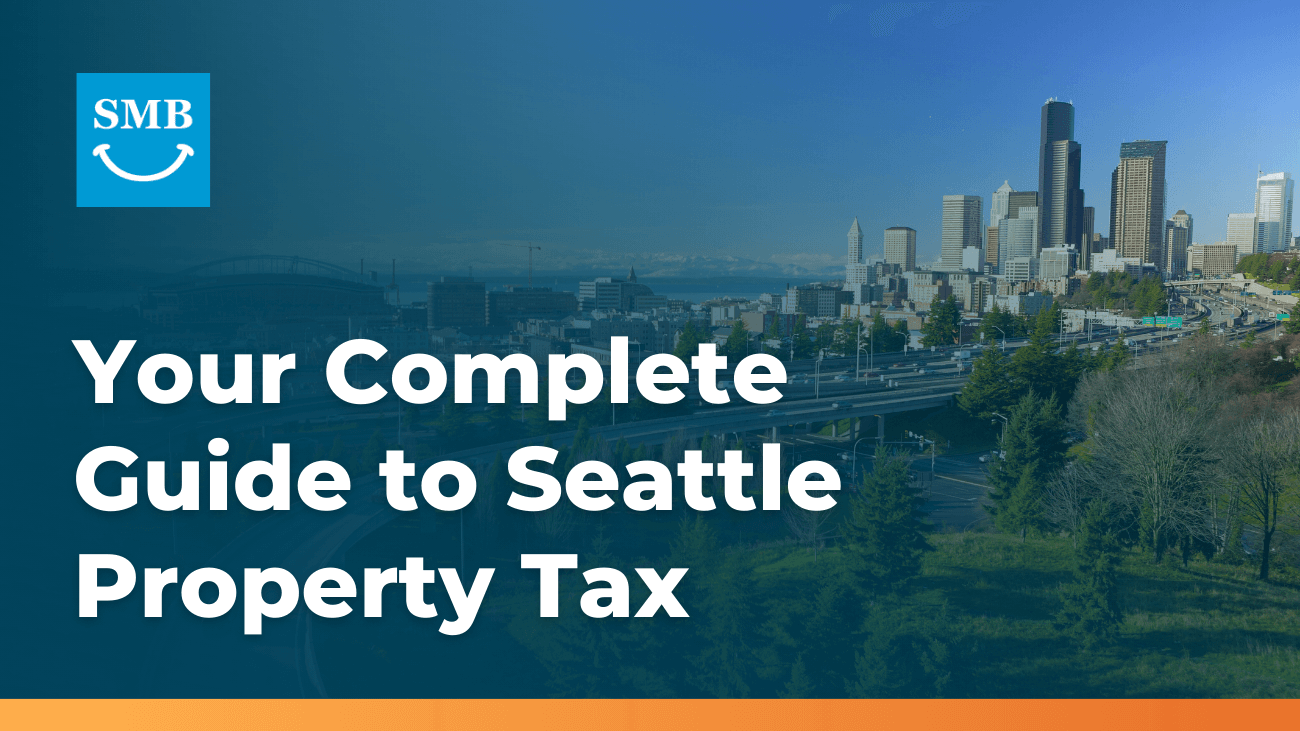
Your Complete Guide to Seattle Property Tax

Why You Should Work with a Mortgage Broker

Where to Find the Best Local Mortgage Broker

Where Are The Best Places To Live In Seattle?

What’s the Best Way to Save Money for a House in Seattle?

When is the Best Time to Refinance a Home?

What is the Jumbo Loan Limit in Seattle 2020?

What You Need to Buy a House in Seattle

What Is a Jumbo Loan and will you need one when moving to Seattle?

What is the Jumbo Loan Limit in Seattle?

What Is A Non-Warrantable Condo?

What is the Best Down Payment Amount on a House in Seattle?

What is PMI Mortgage Insurance? And Why It Is Not As Bad As You Think

What Is A Cash-Out Refinance?

What do Home Loan Underwriters Look For?

What Down Payment Do I Need for a House?

What Are The Costs of Buying a Home?

What Are The Best Neighborhoods In Seattle For Families?

FAQ: What Are the VA Home Loan Requirements?

WEST SEATTLE JUNCTION ; Seattle Neighborhood Tour

What are RSUs and How to Spend Them

Understanding Mortgage Down Payments

Top 5 Seattle Suburbs to Buy In 2021

Understanding Down Payments in Seattle

The Ultimate Mortgage Document Checklist
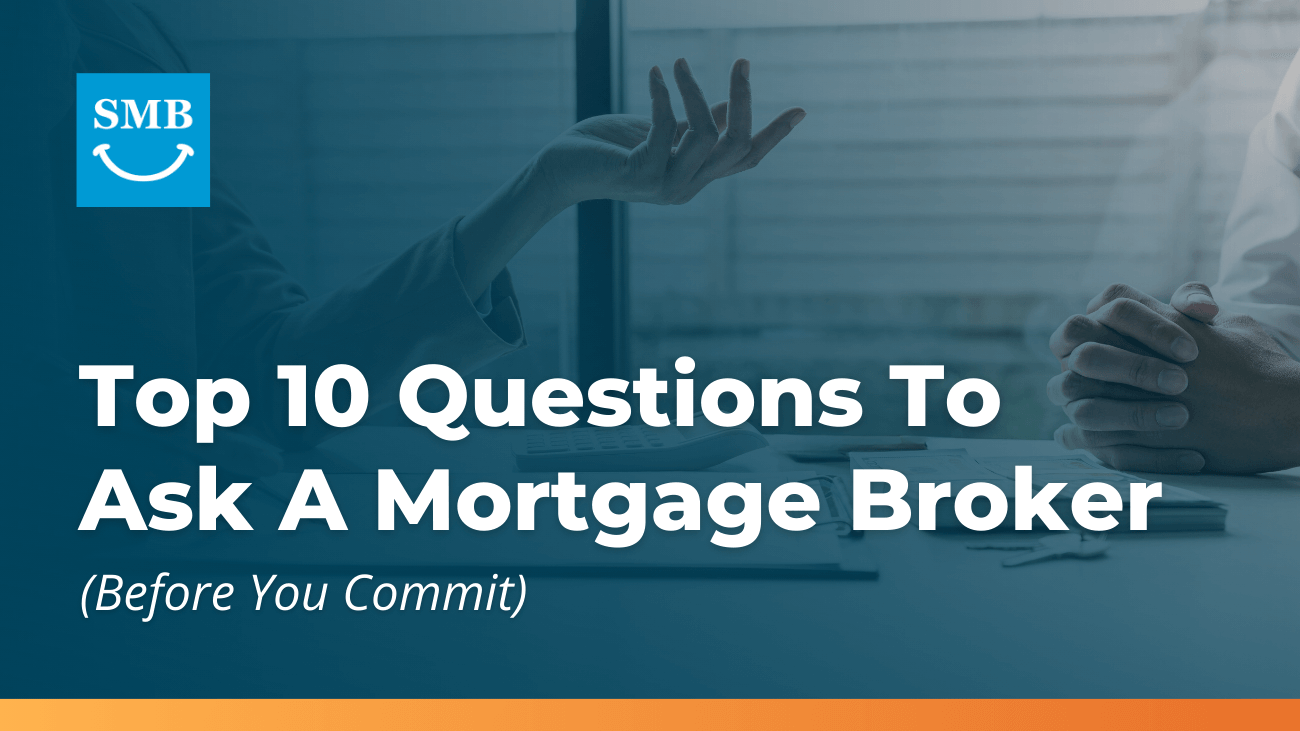
Top 10 Questions To Ask A Mortgage Broker (Before You Commit)

The Worst First-Time Homebuyer Mistakes

The Top 5 Seattle Suburbs for 2020

The Best Seattle Neighborhoods in 2020

How to Find the Best Mortgage Refinance Companies in Seattle

The Best Seattle Neighborhoods for Families

The Best Neighborhoods in Seattle to Buy a Home

The 7 Best Seattle Suburbs for Families

Seattle Neighborhood Guide: The Top 10 Most Affordable Places To Live In Seattle

SOUTH LAKE UNION ; Seattle Neighborhood Tour

Seattle Summer Housing Market Guide 2020

Seattle Housing Market Update 2020

Seattle Housing Market Hacks

Save Money When Buying a House in Seattle

Save Money on Your Mortgage Refinance

Moving to Seattle with a Family? Here's the BEST Suburbs For You!

Refinancing To Reduce Your Bills and Increase Available Cash

Neighborhoods in Seattle to Buy a Home 2020

Real Estate Trends in Seattle

Mortgage Down Payments in Seattle

MAGNOLIA ; Seattle Neighborhood Tour

Mistakes to Avoid with Cash-Out Refinance

How to Refinance Your Home in 9 Steps

Jumbo Loan Limit vs Conforming Loan Limit in Seattle for 2021

KIRKLAND ; Seattle Neighborhood Tour

Jumbo Loan Limit in Seattle for 2021

ISSAQUAH ; Seattle Neighborhood Tour

Is My Credit Score Good Enough to Buy a House?

How to Buy a House; Home Buying 101

How to Lower Your Monthly Mortgage Payment

How to Get the Best Rate for Your Home Loan

How to Buy a House for Less

How Much Home Can I Buy in Seattle?

How Much Do You Really Need for a Down Payment in Seattle?

How Much Home Can I Afford?

Home Price Forecast for Seattle 2020

How Hot is the Seattle Real Estate Market?

How Hot is the Seattle Real Estate Market in 2022?

Home Inspection Questions You Need to Ask

Do You Need a Realtor to Buy a House in Seattle?

FHA vs. Conventional Loan: Which Mortgage Is Right for You?

Find the Best Mortgage Lender for Your Home Loan

Federal Housing Administration Loans 2021

Down Payment Requirements in Seattle

FACTORIA and SOMERSET ; Bellevue Neighborhood Tour

Everything you Need to Know About Seattle Jumbo Mortgages

Everything You Need to Know About VA Loans

Advice To A First Time Home Buyer: Down Payment Assistance Programs Exist for Millennials

CROSSROADS ; Bellevue Neighborhood Tour

Down Payment 101: How Much Money Do I Need to Buy a House?

COVID-19 Mortgage Help for Homeowners

Comparing ARM vs. Fixed Rate Mortgage

Can I Afford To Buy A Home In Seattle?

Choosing the Best Lenders for Home Loans
How to Use Restricted Stock Units to Buy a Home in Seattle

ARM v. Fixed Mortgage: Which is Right For You?

Ballard or Queen Anne? The Best Neighborhoods of Seattle to Buy a House

Avoiding the Worst Seattle Mortgage Lenders

Are You Buying a House in Seattle? Here’s the Ultimate Survival Guide
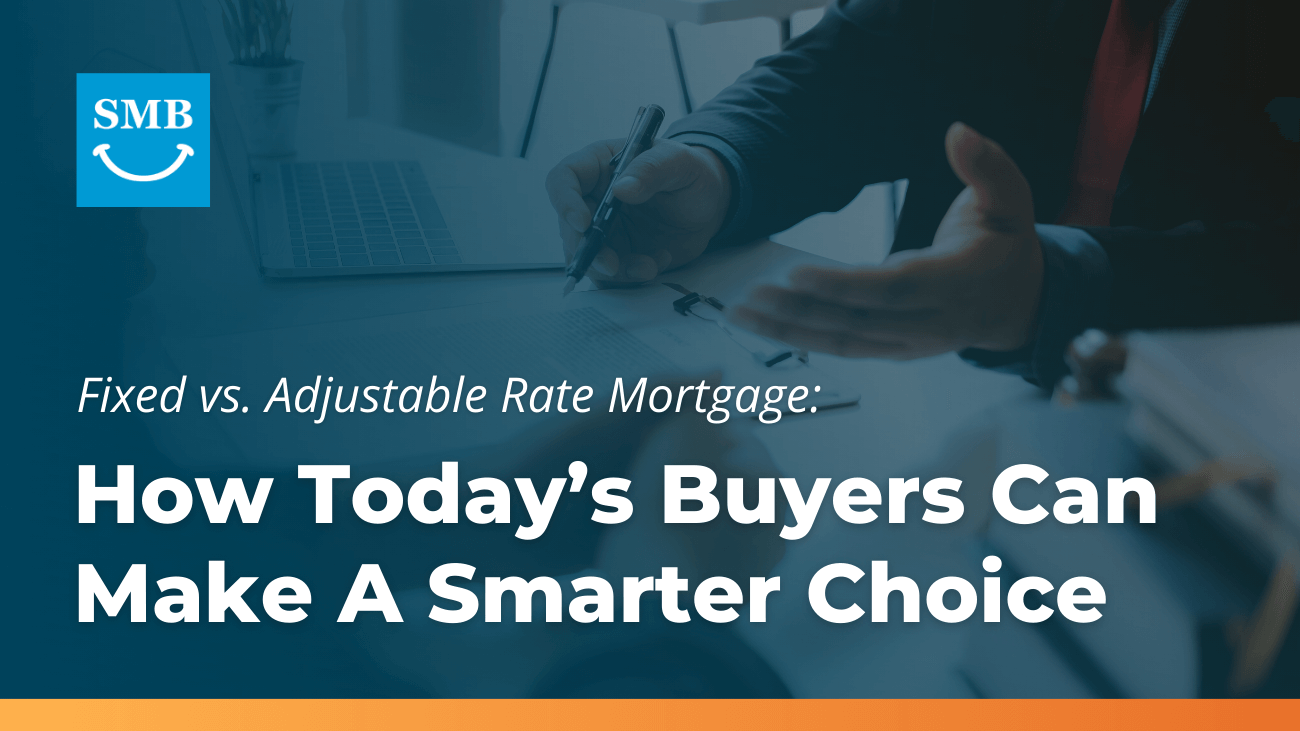
Fixed vs. Adjustable Rate Mortgage: How Today’s Buyers Can Make A Smarter Choice

ALKI BEACH ;; A Seattle Neighborhood Tour

A Complete Guide to Refinancing Your Home Loan

8 Ways to Lower Your Mortgage Payment


















